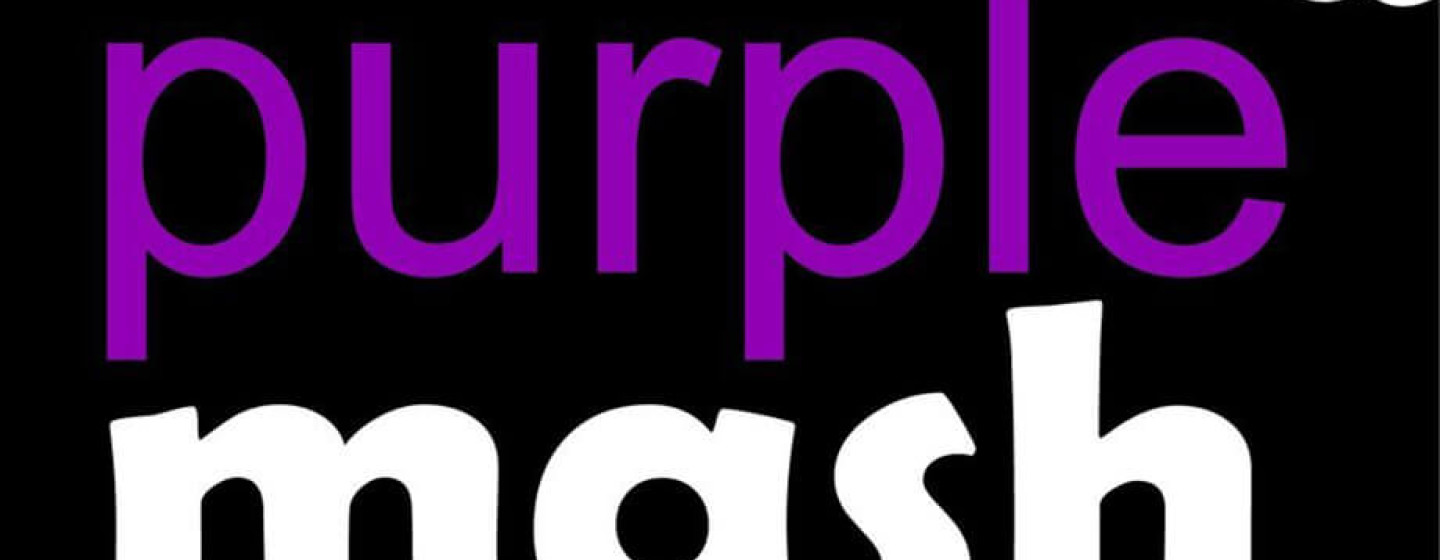
Computing
Intent:
At Goldsmith, we are computer programmers and digital technologists...
At Goldsmith Primary Academy, we prepare our pupils for a rapidly changing digital world. We do this by providing each pupil with an insight into how software and hardware technologies work. We have endeavoured to provide an exciting, robust curriculum which will allow children to utilise computational thinking skills and creativity to further comprehend our world.
Embedded within the computing curriculum, there are cross-curricular links to other subjects such as Maths, Science, Design and Technology. For each Key Stage, National Curriculum objectives are broken down into three main strands of computing: Computer Science (CS), Information Technology (IT) and Digital Literacy (DL). Computer Science enables children to understand the principles of information and computation, digital systems, algorithms and coding. Pupils will then be given opportunities to use this knowledge through programming. To consolidate this further, the aim is for children to use Information Technology (IT) applications to create these programs, systems and produce varied content.
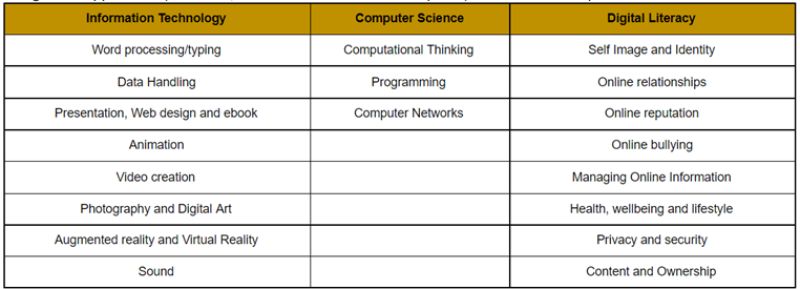
It is our aspiration that all of our pupils have sufficient knowledge to become confident and digitally literate when using an IT application (at school, home or even a future workplace) in a safe and responsible manner.
Implementation:
As a school, we follow the Purple Mash Computing Scheme of Work which is a powerful comprehensive resource aligned to the National Curriculum and EYFS Framework. It exposes pupils to a wide variety of skills, experiences and poignant real-life scenarios which supports the notion of Cultural Capital, providing the foundations that lead to well-rounded global citizens.
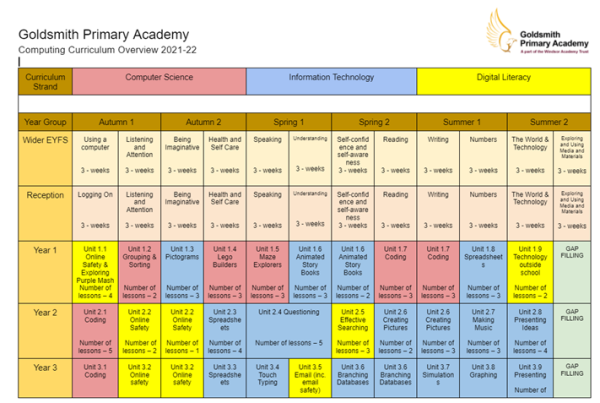
EYFS: In Reception, children are taught to use equipment and software safely and confidently. There are also opportunities to be expressive and use problem solving skills to communicate and handle information.
KS1: All pupils begin with a unit on Online Safety, this is to ensure good practice has been embedded when using any type of digital device. Building on their computational skills and knowledge, there are opportunities to code and use software applications such as spreadsheets or learning about the technology hardware that is around them to ensure they have a deep, rich learning experience within all three strands of computing
KS2: Pupils will begin with Online Safety as an integral part of their digital literacy. Children will be continually practising and improving their computing skills with access to hardware devices such as laptops, chromebooks, iPads, interactive whiteboards, this will all play a huge part in their confidence and IT skills. Children continue to extend their knowledge of computation language and skills for communication, investigation and programming in all three strands.
Discrete, weekly computing sessions are delivered so that there is progression and depth in a planned sequence of lessons as a child moves up through the school. In addition to this, knowledge organisers are used by teachers for each unit and shared with pupils to define key vocabulary, questions and learning objectives that must be mastered.
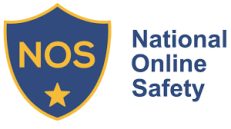
At Goldsmith Primary Academy, we take Online Safety extremely seriously and the Online Safety policy provides guidance to both teachers and children on how to stay safe online. We also invite external agencies to deliver bespoke workshops (National Online Safety and Be Internet Legends) for the children from Reception through to Year 6. In addition to this, the first Online Safety unit for each year group provides coverage on the National Curriculum objectives that pupils should be meeting for that age group. We believe that children need to stay safe online as this will embed good practice and principles so they are effective and safe users of technology in a digital world.
Impact:
-
How is impact measured?
In our weekly lessons, formative assessment is carried out and monitored using a Purple Mash assessment tracking tool which measures how many objectives the child has achieved for the year group. Furthermore, teachers comment and mark pieces of work handed in by children directly into the Purple Mash platform (which is accessible by the pupil). Teachers will leave notes /audio recordings for the children that include Feedforward actions to show how they can improve or advance their work further. When tasks have been completed and handed in for each unit, the teacher will make a judgement and mark the pupil’s work using the National Curriculum objectives. When assessed, it is likely that children will have a mixture of objectives assessed at emerging, expected or exceeding. To calculate the pupil’s’ ‘overall understanding,’ the objectives will be totalled and converted into an overall value of: emerging, expected and exceeding for the pupil.
-
How do we know children have made progress?
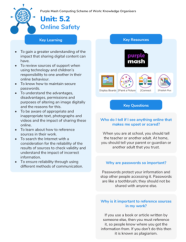
If children are keeping up with the curriculum, they are deemed to be making good (or better) progress. This will be measured through an assessment tool, against the knowledge and skills organiser, which will be updated for every lesson / each unit by the teacher. Improvement will be shown by the pupils confidence and ability to demonstrate the assessed skills in the lesson (or sequence of lessons). Further depth of knowledge can be assessed through high level, quality questioning and collaborative discussions to check understanding of vocabulary and computational processes in their learning. Children should also be able to understand and apply the fundamental principles and concepts of computer science, including abstraction, logic, algorithms and data representation. The desired outcome for our children is increasingly competent, confident and creative users of information and communication technology.
- How do we challenge and support lack of progress?
Areas of weakness can be supported by analysing the tracking sheet and identifying pupils who are not making sufficient progress in areas and using effective planning to consolidate skills, knowledge or any misconceptions. Additionally, computing interventions are arranged to work with these children in smaller groups so as to accelerate the learning. Lunchtime Computing clubs help as a catch up opportunity for these individuals in a more relaxed environment.
How are we inclusive?
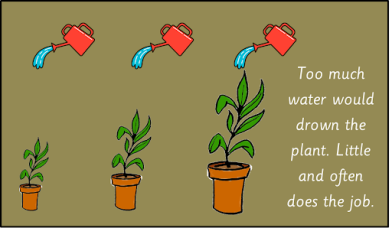
As a school, we provide high quality first teaching and our SEND/ WTS children are exposed to high quality, challenging activities in class to ensure the tasks are challenging but achievable. Moreover, teachers will plan any scaffolding resources for lessons that will allow the pupils to access the lesson content and complete the task successfully.

